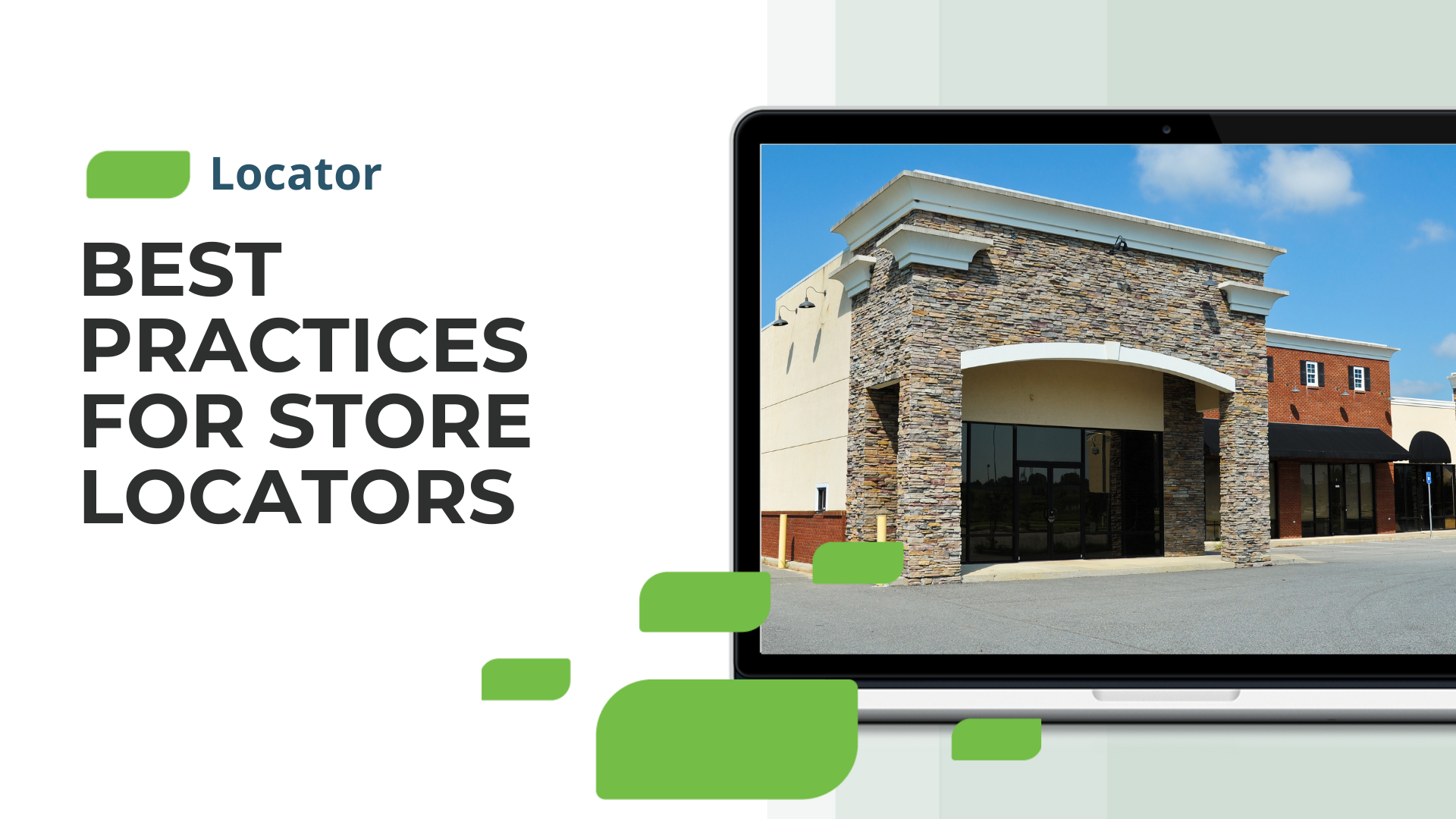Best Practices for Store Locators
Why is a Store Locator Important?
Adding a store locator to your brand’s website is one of the easiest ways to help customers find your business locations. A store locator displays valuable location information and unique details about each store. Many consumers expect a multi-location brand will provide a store locator as one of the brand website’s core functions.
Beyond just helping customers find your store locations, store locators also help you build a strong local search presence by displaying all of your store addresses, hours, and other pertinent details. However, locators are less critical to organic search than local pages, which are optimized for the purpose of appearing in those searches. The primary purpose of store locators is to provide your users with a quick and easy means of finding your stores. Secondarily, store locators can provide a logical structure on your website for organizing your local pages, which can make it easier for search engines to understand and index your local content.
The best locator software is automated, so you won’t have to manually input location data for dozens or more store locations. The software should have geocoding, driving directions, international mapping, and multilingual capabilities. Enhanced services, such as IP and GPS detection of user location, are also recommended to achieve peak performance with store locators.
Although it can be tempting to save money by developing an in-house store locator, there are a number of tradeoffs to consider. With an in-house store locator, you will be personally responsible for making sure that your store location data is always up to date and accurate. You will also be responsible for ensuring that your desktop locator conforms to Google’s latest requirements and recommendations.
Companies that specialize in store locators, like SOCi, are better able to keep up with the latest requirements, which means their desktop locators are more effective for lead generation. With SOCi’s locator software, you can control authoritative location data, including editing data, adding multimedia content, and scheduling openings and closings from one platform.
The best locator software is automated, so you won’t have to manually input location data for dozens or more store locations. The software should have geocoding, driving directions, international mapping, and multilingual capabilities. Enhanced services, such as IP and GPS detection of user location, are also recommended to achieve peak performance with store locators.Although it can be tempting to save money by developing an in-house store locator, there are a number of tradeoffs to consider.
With an in-house store locator, you will be personally responsible for making sure that your store location data is always up to date and accurate. You will also be responsible for ensuring that your desktop locator conforms to Google’s latest requirements and recommendations.

